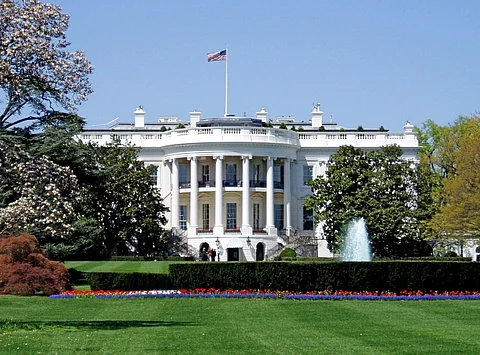

The administration of U.S. President Donald Trump announced Sunday that a trade deal had been reached with China, following two rounds of negotiations held over the weekend in Geneva.
The White House released a press statement Sunday evening, composed entirely of social media posts made on X (formerly Twitter) by Treasury Secretary Scott Bessent and U.S. Trade Representative Jamieson Greer, who are leading the negotiations for Washington. Of the two, only Greer directly referenced an agreement being struck, while Bessent described the talks as resulting in “substantial progress.”
Chinese Vice Premier He Lifeng, who is leading Beijing’s delegation, confirmed Sunday that a “series of major consensuses” had been reached. He added that a joint U.S.-China statement outlining the progress would be published Monday.
The Chinese Commerce Ministry did confirm early Monday however, that an agreement had been made to establish consultation mechanisms on trade and economic issues.
It remains unclear whether a final, comprehensive trade agreement has been signed. However, the breakthrough marks a significant development after tensions escalated into what many analysts described as an all-out economic war between the two powers last month.
In early April, President Trump imposed sweeping 34% tariffs on Chinese imports as part of his “Liberation Day” economic policy, which saw broad tariffs levied against multiple countries. China swiftly retaliated, eventually resulting in tariffs of up to 145% on U.S. goods, while the U.S. responded with its own 125% tariffs.
The tit-for-tat escalation has raised concerns across global markets, contributing to a contraction in the U.S. economy during the first quarter of 2025 and a marked decline in the stock market.
In his remarks, Greer stated that the differences between Washington and Beijing were "not so large as we thought." Although the Trump administration initially celebrated its tariff policy as a bold negotiating stance, internal concerns quickly emerged. Officials, including Bessent, privately questioned the sustainability of the economic standoff.
Over the past several weeks, President Trump made ambiguous statements regarding whether negotiations were taking place, which China publicly denied at the time. Late last week, however, Beijing confirmed that talks would proceed—stating explicitly that the U.S. had initiated the discussions.
The release of a joint statement on Monday is expected to shed further light on the scope and content of the tentative agreement.